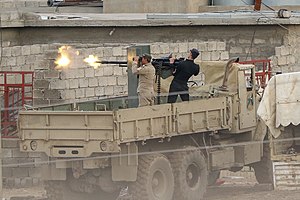Umardo-Yanubi border clashes

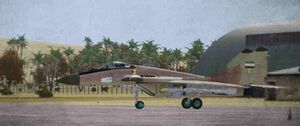
The Syliro-Yanubi border clashes were a series of incidents and skirmishes between Syliria and Yanuban between 1997 and 2004, when the border was finalized in the Treaty of Dunborough.
Background
During the Zege Regime in Yanuban, relations between Syliria and Yanuban were amicable. When the military coup occurred and Zege was assassinated in 1997, the junta set about addressing what it saw as long standing grievances between the two countries. Dating back to the end of the colonial period the border between Syliria and Yanuban was ill-defined. At various times, especially during the First and Second Great Wars the countries had sparred over the specifics, but there had been no resolution.
The border clashes of the late 90s and early 2000s was a continuation of this dispute.
Clashes
1997 Invasion
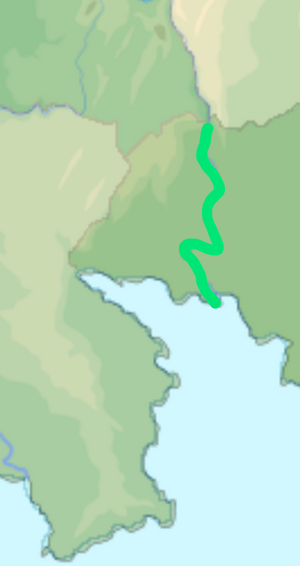
In the early morning hours of July 15, 1997, just days after the assassination of President Zege, Yanuban launched a surprise invasion of Syliria. Under the cover of darkness, Yanubi armored divisions surged across the Sahil al-Kabir plain, a vast expanse of arid flatland that stretched along the border. The element of surprise, coupled with the superior mobility of their armored forces, allowed the Yanubis to quickly overrun Sylirian border outposts and advance deep into enemy territory. The battle of Wadi al-Ghazal occurred from July 16-18. It was a fierce tank battle ensued in the narrow confines of the Wadi al-Ghazal, resulting in heavy casualties on both sides. The Yanubis, despite their numerical superiority, struggled to maneuver in the difficult terrain and faced stiff resistance from entrenched Sylirian anti-tank units. (Yanubi casualties: approx. 2,500; Sylirian casualties: approx. 1,800). During the battle of Qalat al-Sahra, from July 22-25, Yanubi forces laid siege to Qalat al-Sahra, a strategic Sylirian stronghold guarding the approaches to the Nahr al-Shakk. After days of intense bombardment and close-quarters combat, the fortress fell, opening a path for the Yanubis to reach the river. (Yanubi casualties: approx. 3,800; Sylirian casualties: approx. 2,100). The battle of Jisr al-Nahr, from July 28-August 1, saw the Yanubis attempted to cross the Nahr al-Shakk at Jisr al-Nahr, a vital bridge connecting the two sides. However, they were met with fierce resistance from Sylirian forces, who had established well-prepared defensive positions on the eastern bank. The battle resulted in a bloody stalemate, with neither side able to gain a decisive advantage. (Yanubi casualties: approx. 4,200; Sylirian casualties: approx. 3,500)
By the end of August, the Yanubis had secured the entire western bank of the Nahr al-Shakk, achieving their initial objective of seizing the territory they claimed as rightfully theirs. However, their advance had stalled, and they faced a determined Sylirian defense that prevented them from crossing the river. The stalemate would last for another year and a half, mostly being fought through riverine commando raids, and artillery battles.
1999 Sylirian Summer
Sylirian Forces Striked First in 1999, striking Ports and Bordering Towns with Known military equipment, In the following days Yanubi Forces quickly Got into Defensive positions as they got into Anti-Air positions while Sylirian Jets striked positions in the ground, Sylirian Armor pushed through the plains.
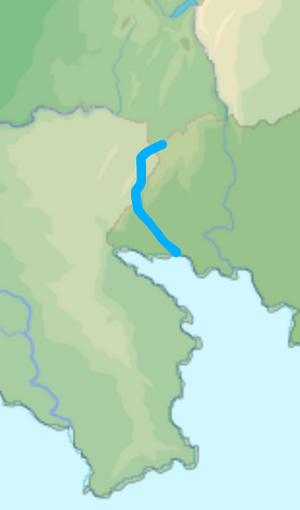
2000s clashes
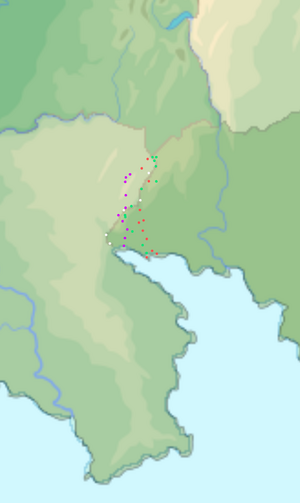
2000, red
2001, green
2002, purple
2003, white.
